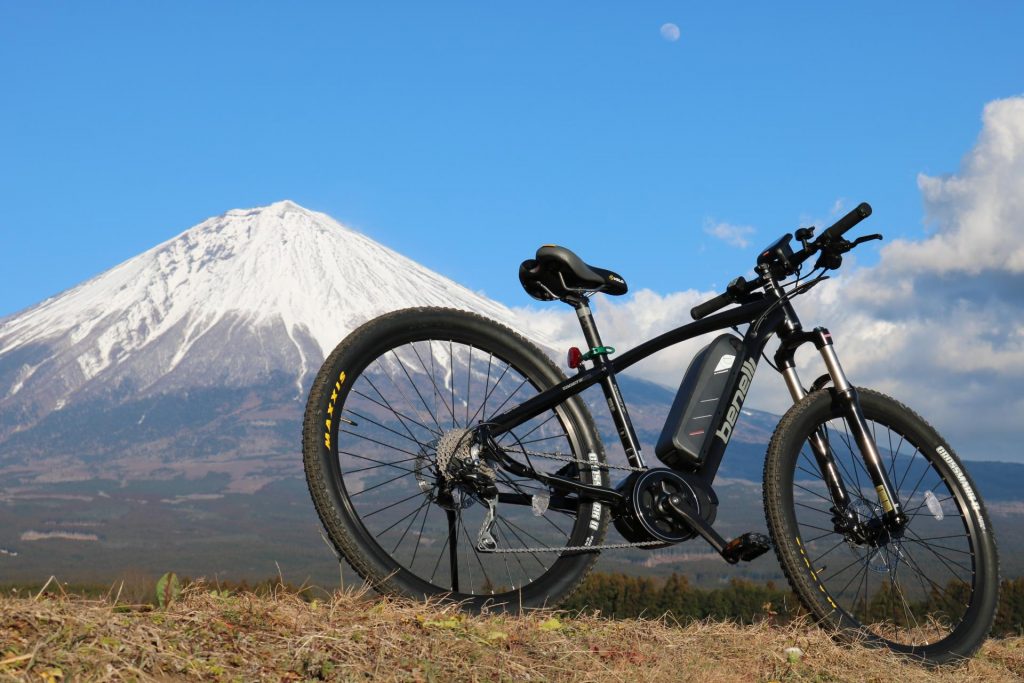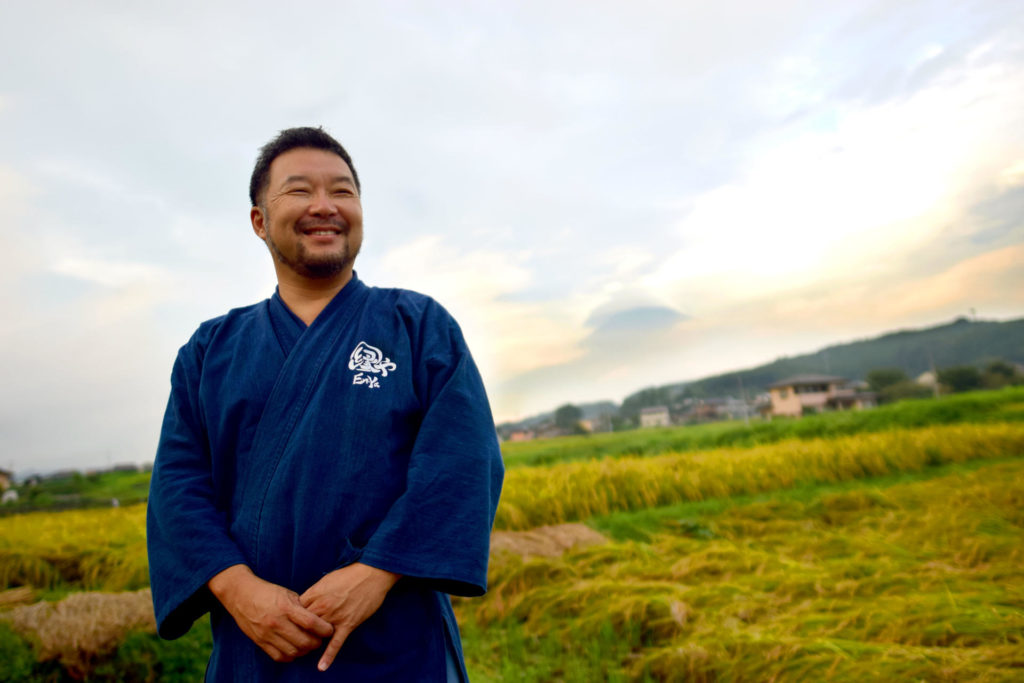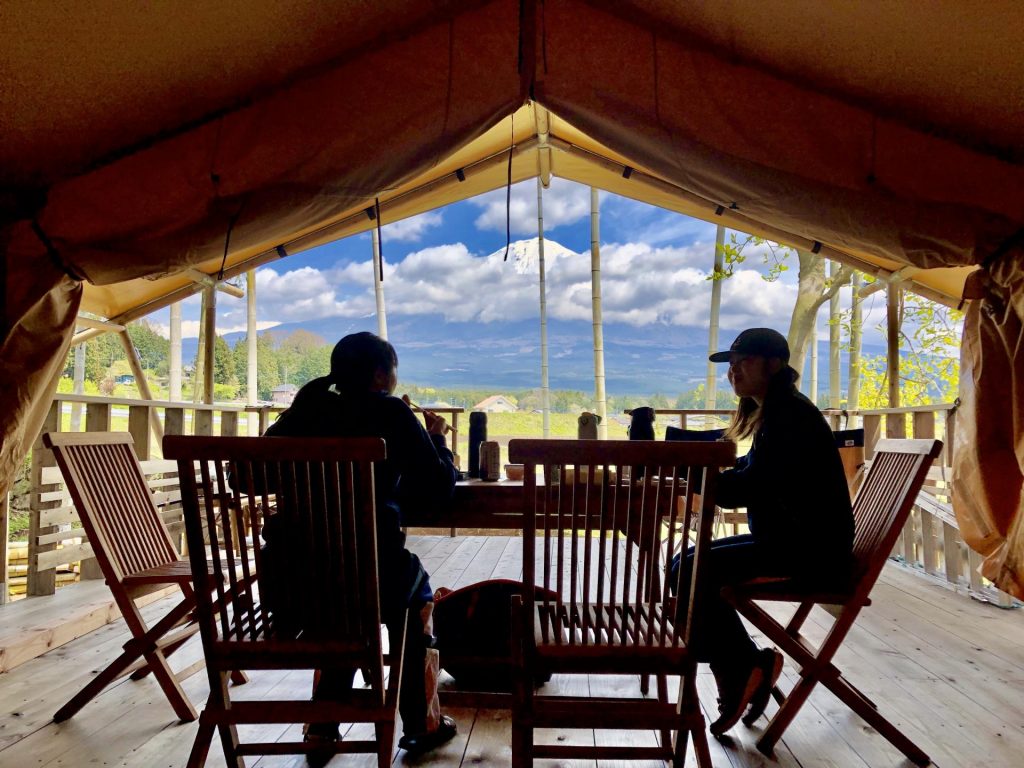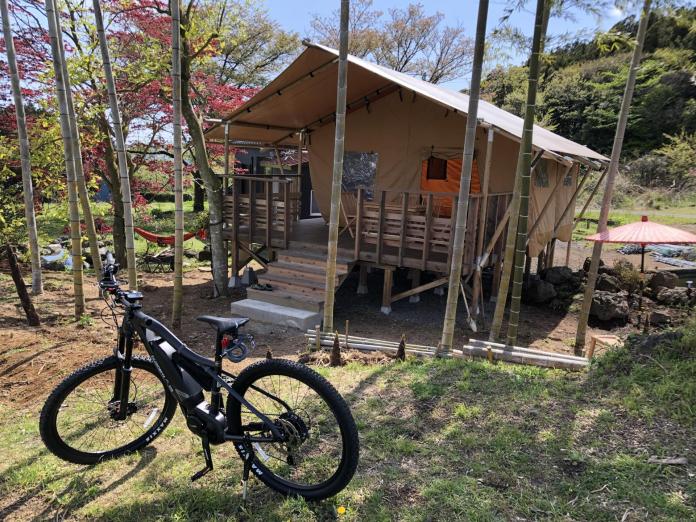It’s been more than 30 years since the trendy terms “ecotourism” and “sustainable tourism” began spreading across the world. Recently in the travel and tourism industry, the concept of “responsible travel” has been popular especially among our customers. I define responsible travel as tourism that does its best to respect local culture, preserve the region’s natural environment and gives back to local businesses and economies. It goes beyond just a tour concept as it reinforces a positive lifestyle.

Due to the worldwide impact of COVID-19, global tourism will need to shift its strategies towards responsible travel. As a tour operator, I have the responsibility to protect my customers and team. While we are being instructed to reduce contact with others as much as possible, I’m seeing more than ever that we need to reconnect with the outdoors and nature.
In the past, mass tourism focused on gathering crowds to popular tourist destinations such as Kyoto and Hakone, but with the lasting aftermath of the pandemic, we need to encourage travelers to go beyond the popular destinations and out into the rural countryside where they can still enjoy an authentic Japan experience. It’s important to be strategic in promoting off-the-beaten-path travel as it’s key to target travelers interested in genuine, responsible tourism without overpopulating the local region.
At my tour operation, En-Ya Mt. Fuji Ecotours, we have been offering eco-tours based around the central themes of nature, culture and local community. We’ve been blessed with all three as we are based in Fujinomiya, a gateway city to Mt. Fuji. Like many other tour operators struggling to survive this unprecedented crisis, we’ve had to rethink our tours to protect our future visitors and local residents and give peace of mind to both parties. We are currently focused on our nature experiences via e-bike cycling and accept only one small group per tour. The cycling courses we take our visitors on are spots only locals know. We provide lunch at our private glamping campsite where we have full control over hygiene management.
Naturally, I’m concerned about factors we’d have to face eventually such as price changes and increase of single-use plastic waste due to hygiene considerations, but clarifying our main goals is a step towards solving challenges that come with post-COVID travel. I hope that travel boards and tour operators across Japan can use this situation to focus on quality over quantity.

Masa Shintani has worked on sustainable ecotourism projects in Iran, Vietnam, Hawai’i and Gabon for over 30 years and is now based in Fujinomiya City, Shizuoka where he runs En-Ya Mt. Fuji Ecotours. To read more on Shintani, click here.
Guide Lines is our digital web series of guest posts from local outdoor operators and guides on the front lines of tourism in Japan. Read more about what these operators and guides are doing to adapt to new ways of travel.





